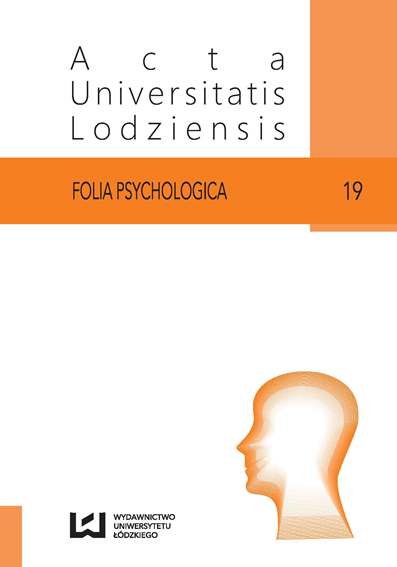Pojęcie wielkości efektu na tle teorii Neymana-Pearsona testowania hipotez statystycznych
THE CONCEPT OF SIZE EFFECT IN THE LIGHT OF NEYMAN-PEARSON’S THEORY OF TESTING STATISTICAL HYPOTHESIS
Author(s): Wiesław SzymczakSubject(s): Social Sciences, Psychology
Published by: Wydawnictwo Uniwersytetu Łódzkiego
Keywords: theories of statistical hypothesis testing; probability; power of test; empirical power of test; effect size
Summary/Abstract: The aim of this study is to draw the attention of researchers using statistical methods in the analysis of the results of their research on the combination of two different theories testing statistical hypothesis, Fisher’s theory and Neyman-Pearson’s theory. Including in the presently used statistical instruments, ideas of both of these theories, causes that the vast majority of researchers without a moment’s thought, acknowledge that the smaller the probability the stronger relationship. The study presents the weaknesses of Neyman-Pearson’s theory and the resulting problems with decision-making as a result of the conducted tests. These problems have become a justified quest for less unreliable solutions, however, the proposed measures of the size effect as using on one hand dogma about the relationship between the degree of probability in the test and the strength of dependence, on the other, lack of any theoretical basis of this solution, seem to be another pseudo solution to actual problems. Moreover, the use of measures of size effect seems to be an attempt to free researchers from the profound thinking about the results obtained from the statistical analysis. A trivial recipe was established: the corresponding value of the measures instantly implies the strength of the relationship – this approach seems unworthy of the researcher.
Journal: Acta Universitatis Lodziensis. Folia Psychologica
- Issue Year: 2015
- Issue No: 19
- Page Range: 5-41
- Page Count: 37
- Language: Polish

